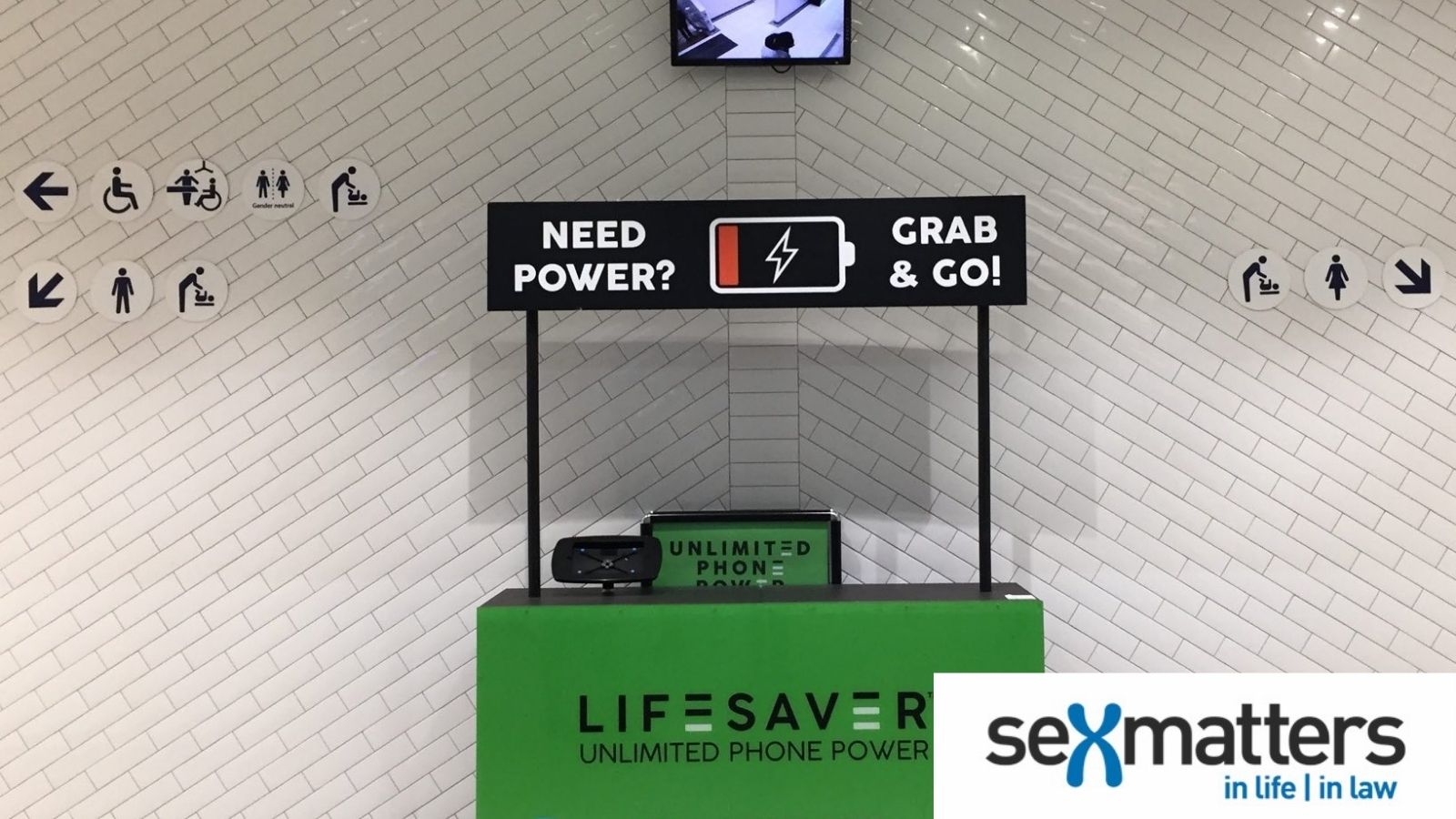Toilets – a place where sex matters

The Ministry of Housing, Communities and Local Government is undertaking a technical review on increasing accessibility and provision of toilets for men and women.
We submitted a 60 page briefing . The submission is long, because the issue of who can use which toilets has become overly complicated and confused in recent years due to ambiguous language and misleading guidance.
However, the solution is simple (and doesn’t require a change in law or major building work). Clear guidance, policies and signage about which toilets are single sex, and where there is a unisex option, lets everyone use the facilities in privacy and certainty.
We are calling on the Ministry of Housing Communities and Local Government to:
- Issue clear, simple principles on the provision and communication of separate sex and unisex toilets.
- Develop a simple public communication resource about what signs mean, what facilities people of either sex can use, and what they can expect from service providers.
- In particular, communicate to trans rights organisations, and medical and legal institutions supporting people with gender dysphoria, that they should not advise their clients to use opposite-sex facilities as a means of diagnosis or gender identity validation.
- Issue guidance for relevant public institutions not to seek
certification on diversity and inclusion from organisations that do not consider all nine protected characteristics in the Equality Act. - Call on the EHRC to revise its guidance and offer clear, workable guidance on separate-sex and unisex facilites in relation to the Equality Act
